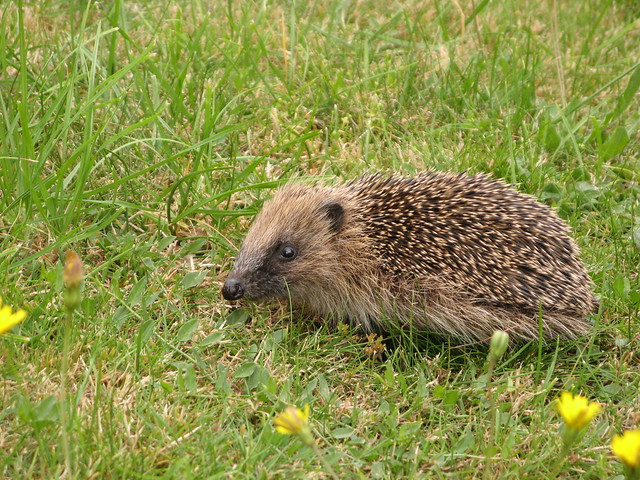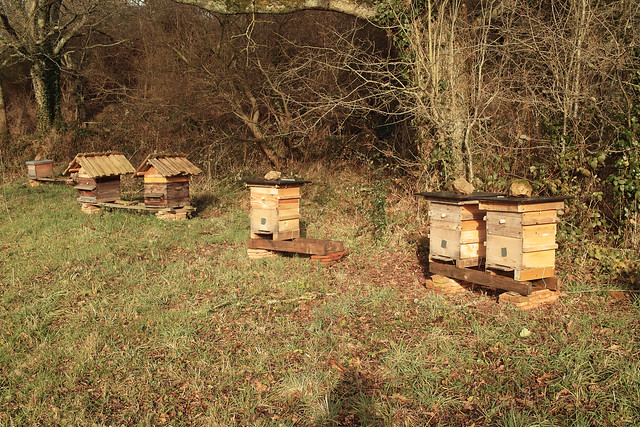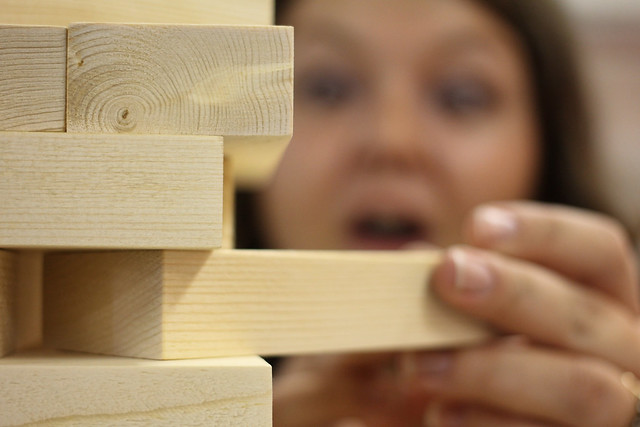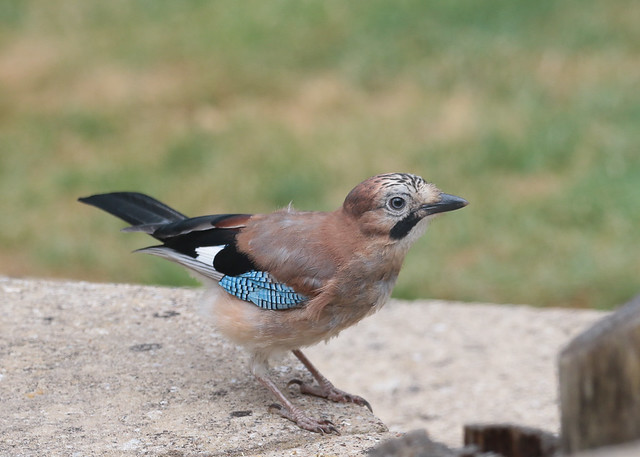The words forward, backward, eastward and westward all share the suffix -ward, which indicates a course or direction to, or motion or tendency toward.

Word cloud created with Free World Cloud Generator
-ward comes from the Old English -weard (in the direction of, toward), from Proto-Germanic *wardaz, from *warþaz (turned toward, in the direction of, facing), from the Proto-Indo-European *wert- (to turn, wind) [source].
Other directional words the feature this suffix include: inward, outward, northward, southward, leftward, rightward, homeward, seaward, landward and awkward [source].
Awkward?? What direction is that?
Awkward means:
- Lacking dexterity in the use of the hands, or of instruments.
- Not easily managed or effected; embarrassing.
- Lacking social skills, or uncomfortable with social interaction.
- Perverse; adverse; difficult to handle.
Originally it meant “in a backwards direction” [source].
Awk is an obsolete word that means:
- Odd, out of order, perverse.
- Wrong, not commonly used, clumsy, sinister.
- Clumsy in performance or manners; not dexterous.
- Uncomfortable, awkward.
- Perversely; in the wrong way
Awk comes from the Old Norse ǫfugr (turned backwards), from the Proto-Germanic *abuhaz (turned the wrong way, inverted; wicked, bad) [source].
Words from the same root include öfugur (reversed, inverted, backwards, wrong) in Icelandic, and äbich (inside out) in German [source].
So being awkward means you’re going backwards or heading in the wrong direction. That’s fine with me – I am a bit awkward sometimes, particularly in social interactions and situations, or you could say that I just go in my own direction.








